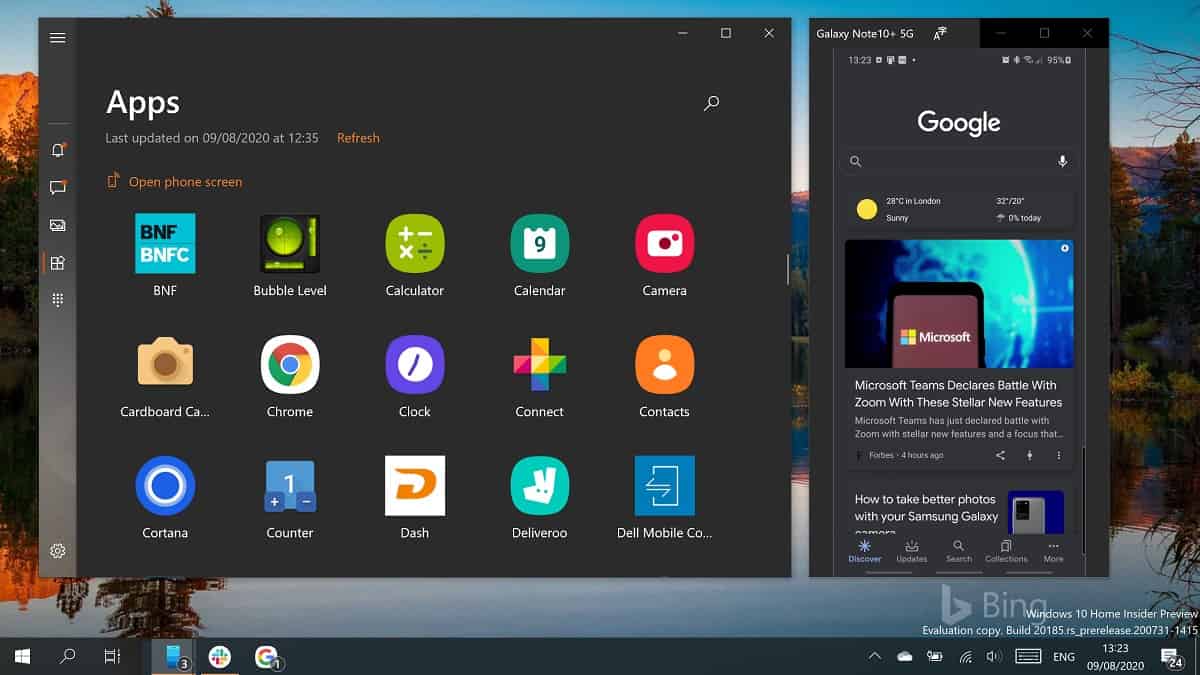Windows 10 2004's new Hosted App Model is pretty great
3 min. read
Published on

Microsoft has a long history of innovations which never really went anywhere, but with the new Hosted App Model on Windows 10 the company may just have hit it out of the ballpark.
Microsoft introduced the Hosted App Model in Windows 10 2004 ie. the Windows 10 May 2020 Update, and the technology already appears set to solve a wide variety of problems for both Microsoft and end-users.
In the Hosted App Model, an app can declare itself as a host for other applications, while allowing those applications to retain their identity as independent apps.
For example, a script file which requires its host (eg: Powershell or Python) can be treated as a full application by Windows 10, with its own icon, entry in the Task Manager and Task Switcher, and the ability to install and uninstall the “app” using standard Windows 10 methods.
To make this happen a host would merely have to declare that capability in its manifest, and similarly, a hosted app would need to declare its dependency on a host, which would then be responsible for executing the app, but in the guise of the hosted app.
So far we have mainly seen the feature being used for Progressive Web Apps, where the host would be the Chrome browser, but where Windows increasingly treats these apps as just regular applications.
With the new Your Phone Apps feature however we have seen a taste of the full potential of Hosted Apps.
There the Your Phone app can act as a host, and create Hosted Apps which are mere pointers to apps which are being streamed from your phone to your PC, but which can still be pinned to the Task Bar or Start Menu.
The feature successfully blurs the line between apps on your device and apps running from the cloud, and makes such differences redundant.
We have heard rumours that Microsoft may use this feature to securely run win32 apps on Windows 10X, or deliver enterprise apps from the cloud to end-users.
One can easily imagine a server in the cloud delivering android apps to Windows tablets similar to the Your Phone app, but without the dependency on having your phone connected to the same network, or of course, playing games from the cloud in the same way as installed games, making the issues of local storage and the capabilities of your hardware redundant.
You can read about the technology in detail at Microsoft here.
Are your readers as excited as I am? Let us know below.









User forum
0 messages